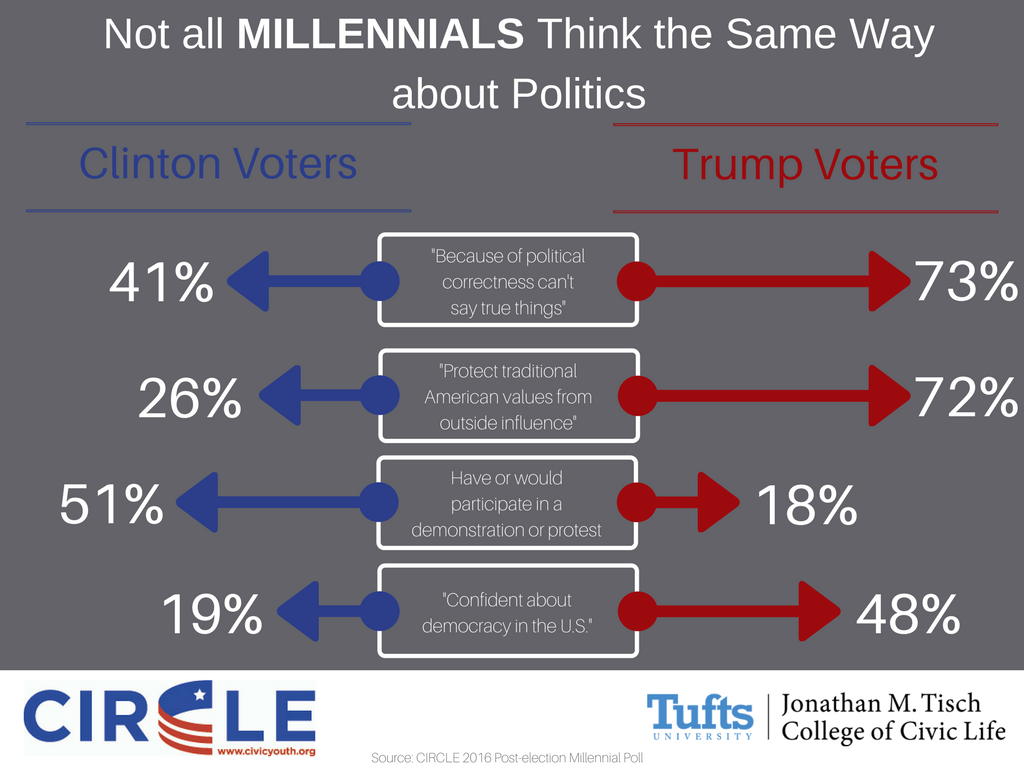Recently, journalists from The Evergrey undertook an effort that provided an inspiring, real-life example of dialogue work that is #BridgingOurDivides, and we wanted to highlight it for our network. The group brought people from urban, liberal King County, WA together with people from rural, conservative Sherman County, OR to have conversations about politics and their perspectives. Not only did they avoid shouting mathes, but people acutally listened to and learned from each other.
We encourage you to read the excerpt below from the great write up about the trip below from one of the organizers, Mónica Guzmán of The Evergrey, and check out the full version here. You can also learn more by watching the recording of the live chat that The Evergrey hosted to debrief the trip, which you can find here.
Seattleites took a 10-hour road trip to cross a political divide. Here’s what happened
Sherman County, Oregon, sits just south of the Washington border, east of the Cascades. Fewer than 2,000 people live in its 831 square miles. Stand on one of the hills near Moro, the county seat, and you’ll see wheat fields all around – and maybe some tall wind turbines.
Sherman County has very little in common with Seattle and King County. And yet, we’re connected: It’s the nearest county to ours that voted exactly opposite us in the presidential election. While 74 percent of King County voters went for Clinton, 74 percent of Sherman County voters went for Trump.
So on Saturday, about 20 of us King County residents took a 10-hour road trip to pay the people of Sherman County a visit.
We called the trip “Melting Mountains: An Urban-Rural Gathering.” Sandy Macnab, a just-retired Sherman and Wasco County agricultural agent who planned the event with us, came up with the name. It refers to the snowmelt that runs down the mountains dividing the eastern and western parts of our states, nourishing the land below.
We like the metaphor. And though we know we can’t melt the political and cultural “mountains” that divide our two counties in an afternoon – red vs. blue, liberal vs. conservative, rural vs. urban – we figured we might help people take a first step…
We encourage you to read the full version of this piece by Monica Guzman of The Evergrey at www.theevergrey.com/took-10-hour-road-trip-cross-political-divide-heres-happened.



